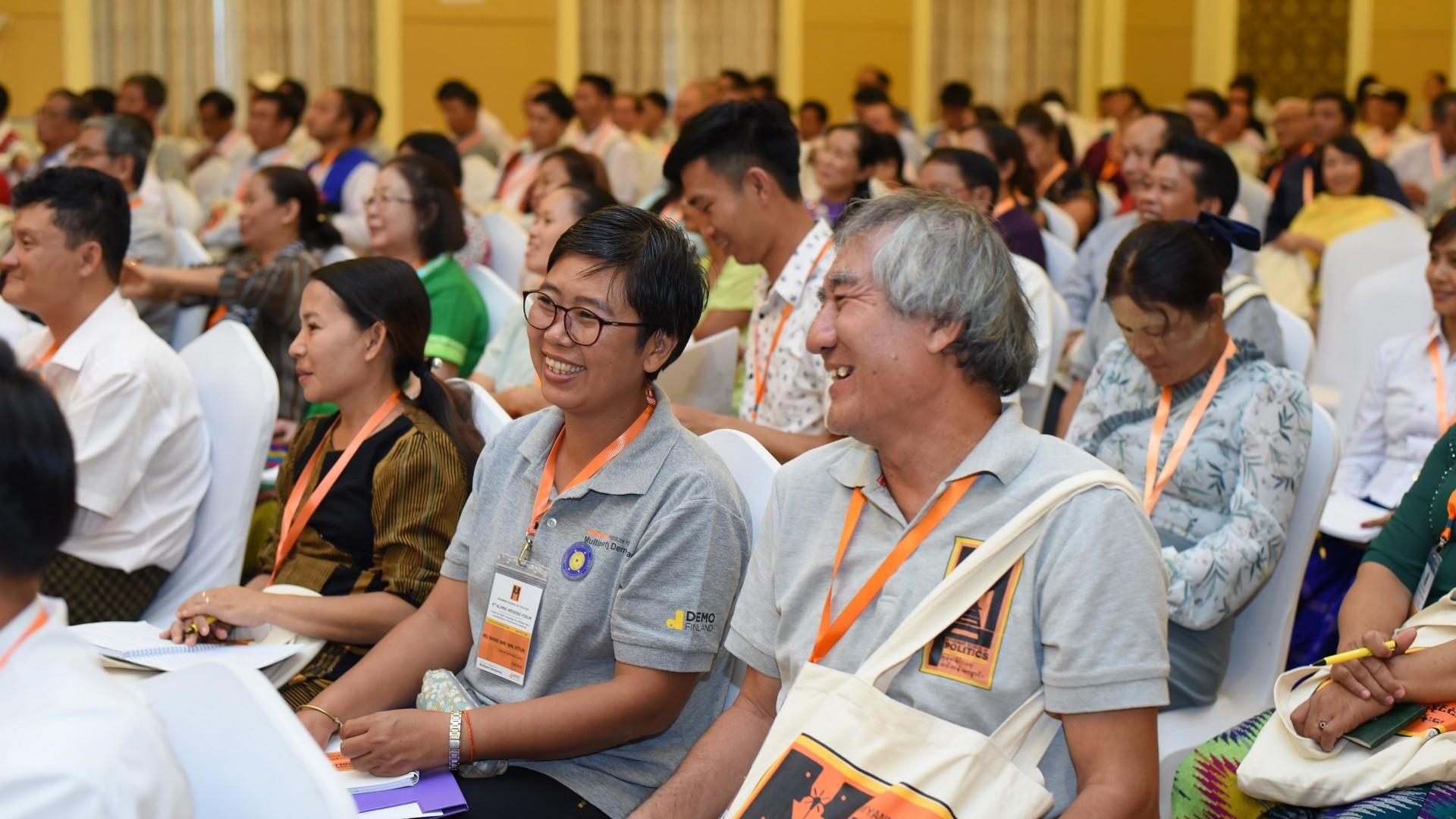General elections will take place in Myanmar on Sunday 8 November. This is Myanmar’s second general election since the country has begun to gradually return to civilian rule after 2011. COVID-19 has complicated the election preparations, as the infection situation has deteriorated significantly in Myanmar during the past two months. While there were still only a few hundred confirmed infections in the country in mid-August, the number of infections had already risen to more than 50,000 by the end of October. There has been discussion in the country on postponing the elections, but the Union Election Commission (UEC) has decided to stick to the original plans. To reduce the risk of COVID-19, the UEC has opened advance polling stations nationwide for persons who are in a vulnerable situation, and made systematic preparation for the election day with safety measures.
Due to the coronavirus situation, election campaigning has been curtailed by restrictions on public rallies and meetings and therefore social media has been an important arena for campaigning in these elections. Weak security situation in many parts of the country also affects elections, as polling stations cannot be organised in several townships in different States/Regions. Myanmar is a multi-ethnic country and there are still ongoing conflicts between ethnic groups and the military in different parts of the country. Despite intentions to implement free and fair elections, difficulties in this might arise due to campaigning and voting restrictions in some parts of the country.
The Myanmar School of Politics (MySoP), founded by Demo Finland and the Netherlands Institute for Multiparty Democracy (NIMD) in 2014, has prepared for the elections by organising trainings for candidates in a multiparty setting as well trainings on electoral legislation for the alumni. More than 200 alumni stand as candidates from 37 political parties. As part of the EU-funded Step Democracy project, MySoP has also organised workshops for parties on policymaking. Supporting the programmatic work of political parties is an integral part of MySoP’s activities. It is important for political parties to have a comprehensive political agenda and policies on different issues in order for citizens to make informed choices in elections and to hold parties accountable.
MySoP is active in five eastern States/Regions (Kayin, Kayah, Mon, Shan and Tanintharyi) and in the Yangon Region. Due to COVID-19, most trainings have been organised online. MySoP is currently preparing a training for newly elected parliamentarians.

